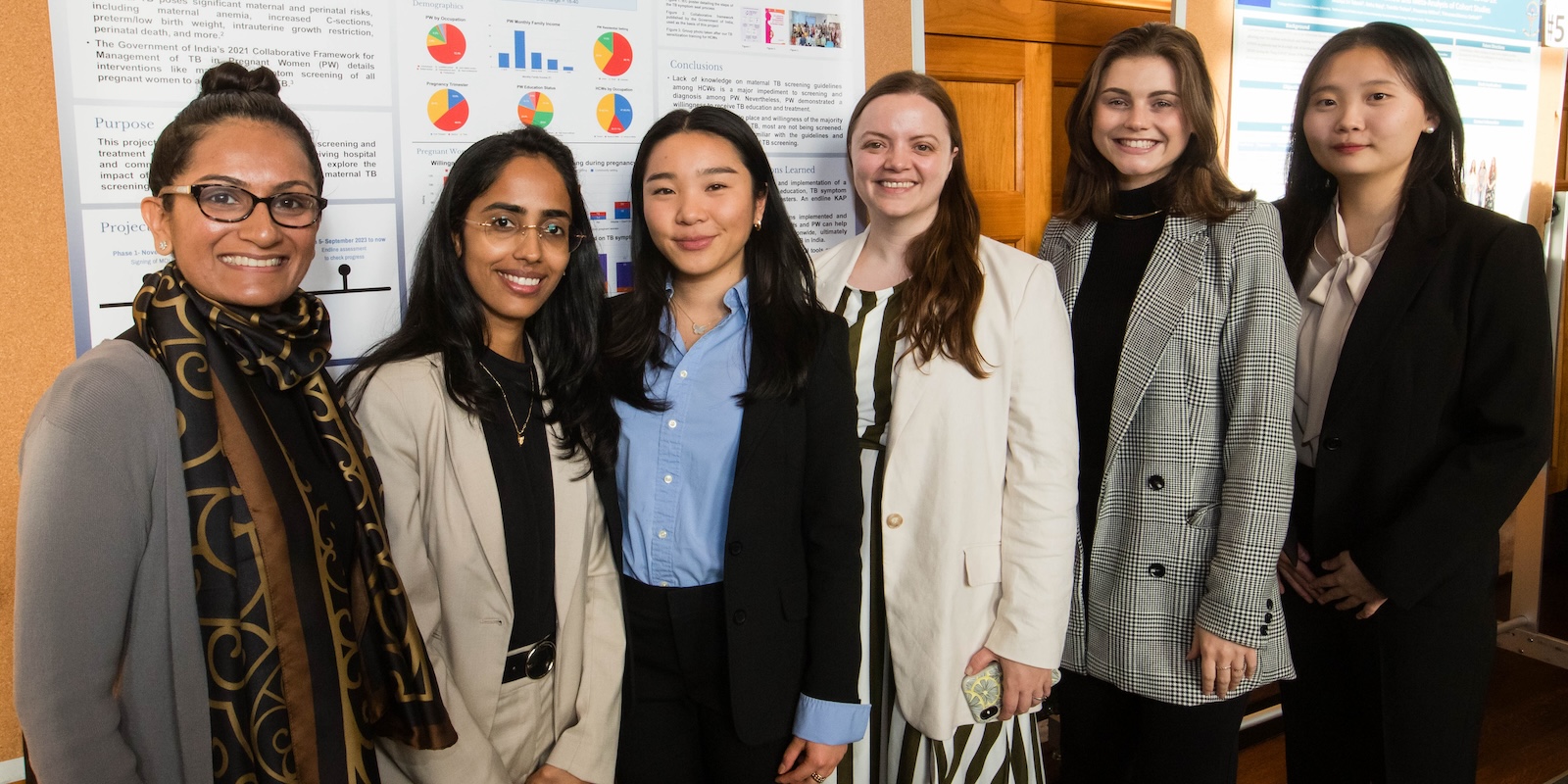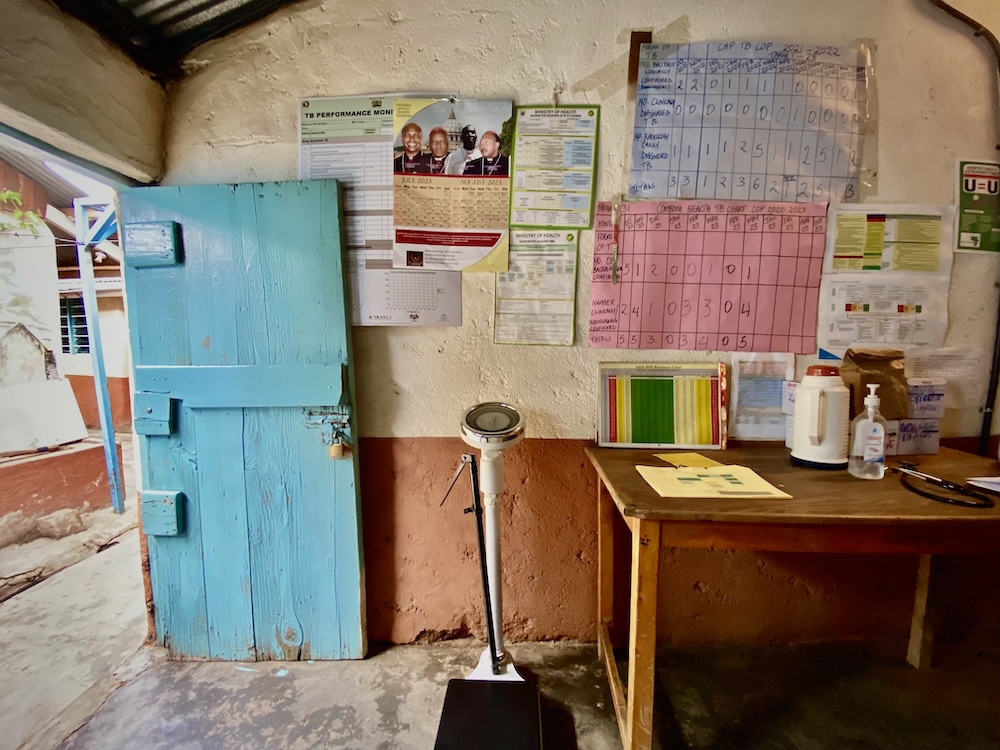Global Health Scholars
Students engaging in impactful research projects that benefit underserved populations domestically and globally

The Global Health Scholars Program, Emory Global Health Institute’s flagship student initiative, is accepting applications. The deadline for applications is March 17, 2025.
Each year, students work in multidisciplinary teams on innovative global learning projects, partnering with local governmental and non-governmental organizations and engaging in peer-to-peer collaboration.
Since 2008, EGHI has provided financial and technical support for student field experiences, enabling participants to build and exchange knowledge with partner organizations around the world. The program was previously called the Field Scholars Award Program.
This program aims to provide Emory students with a 12-month immersive and personalized learning experience, which includes their summer project in support of Emory faculty research. The Global Health Scholars Program’s holistic approach fosters deeper student engagement and meaningful student contributions to global health initiatives and Emory global health research priorities.
More than 430 students have participated in research endeavors impacting community health and public health equity in 60 countries.
These research projects and field studies with partners and stakeholders help shape Emory’s global health leaders of the future.
- Learn about the current group of scholars and their Emory faculty-led projects.
- Review facts about the Global Health Scholars Program and the application process.
- Support Emory’s future global health leaders through Emory Online Giving.
